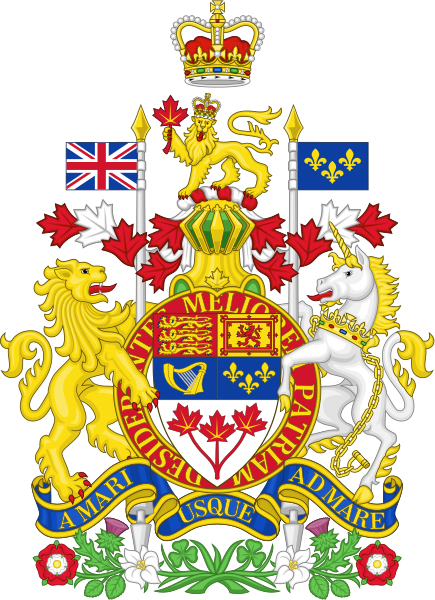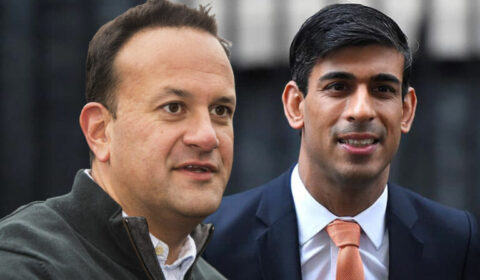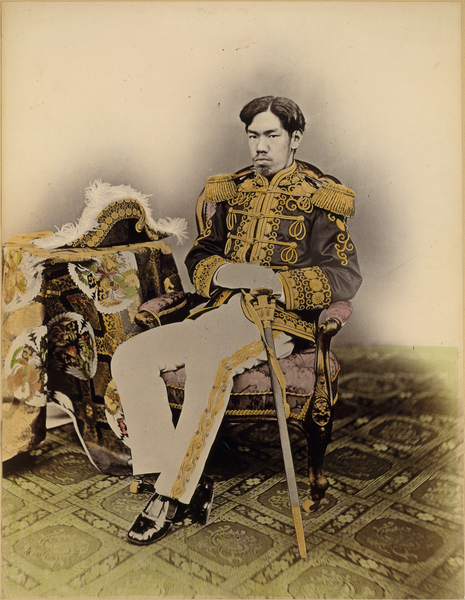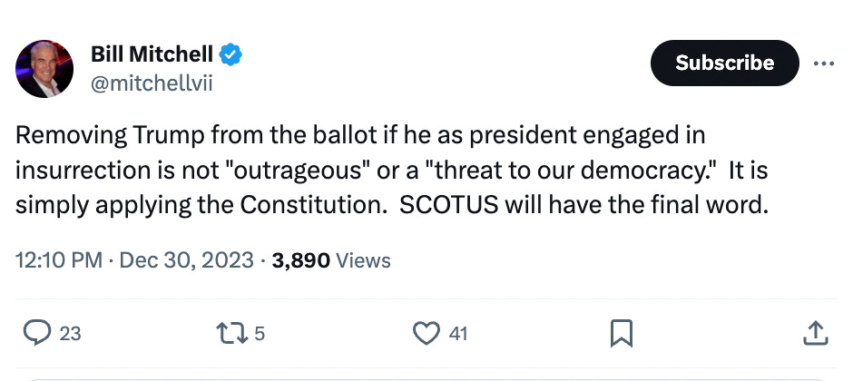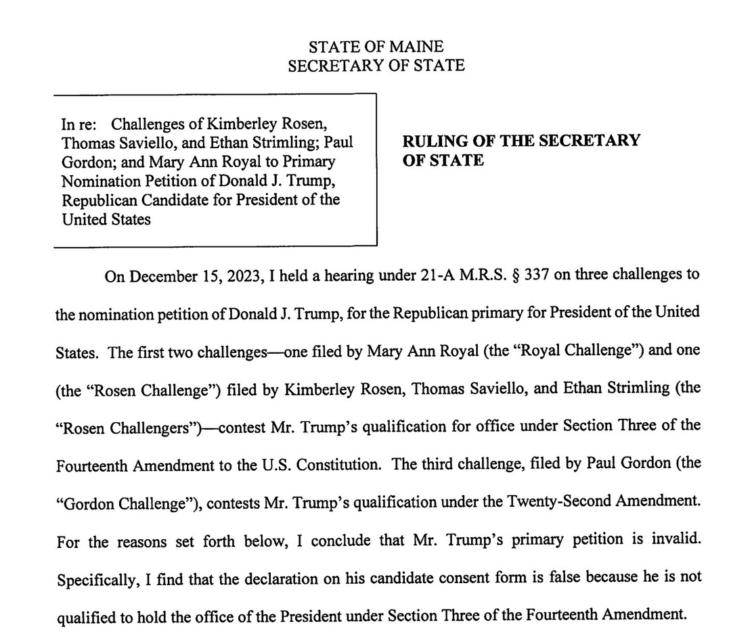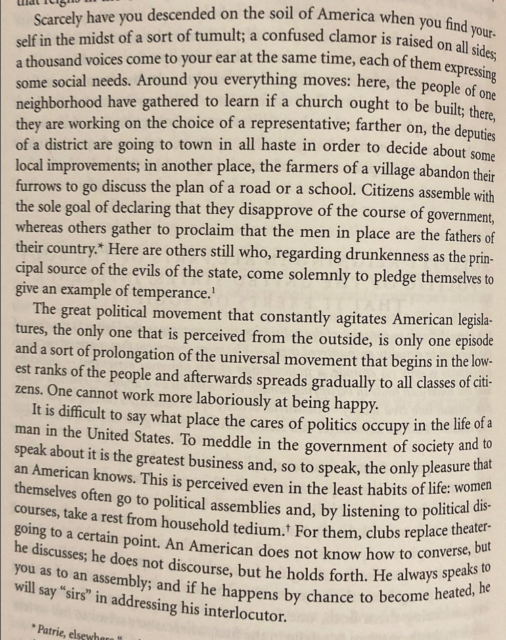Colby Cosh says — quite correctly — that the issue with the Governor General indulging in partisan politics isn’t that people noticed and objected:

Mary Simon, Governor General of Canada on a visit to London in June, 2022.
Detail of a New Zealand Government official photo via Wikimedia Commons.
All week I’ve been thinking about the sheer number of people who must have known about this event and who apparently didn’t anticipate a potential constitutional problem. Hey, what could go wrong? Surely no Liberal cabinet minister would show up, press the flesh all day, head back to the office, and plunge moronically into auto-campaign mode, sharing snapshots of how “we discussed … our Online Harms Act“ at the palace over oolong and scones.
The GG’s own materials describing the event are careful to characterize it as a fundamentally sociable get-together with no relationship whatsoever to a government agenda. Attendees to the event insist that legislation now before the House of Commons wasn’t explicitly discussed by any of the speakers.
As Colleague Sarkonak pointed out in her hair-raising Tuesday column on the scandal, the symposium included a panel discussing “Emerging Solutions for a Safer Digital World”. In any other setting it would be weird and surprising to have such a discussion without involving any “solutions” that are legislative in nature. But maybe the attendees were careful to talk exclusively about technological and social solutions to online abuse: such a thing is certainly possible. Those of us whose invitations were lost in the mail are left to make maximally charitable assumptions.
It’s just that, logically, we can’t be charitable to both the Governor General and Justice Minister Arif Virani in this case. Their stories conflict, in a direct and consequential way.
Anyway, none of the excuses being made really cut much ice. It’s true that a governor general has some freedom to engage in philanthropy, oratory and social organizing that have no visible partisan aspect. It’s also true that if a GG’s social agenda coincides awkwardly with the House of Commons order paper, you’re playing Russian roulette with the Constitution. On Tuesday the government introduces a bill outlawing soda pop; by the end of the week the Gov-Gen is inviting diabetics and nutritionists to chat about their “lived experience” of Mr. Pibb addiction. And, most likely, when anyone at all objects, you get a familiar barrage of “conservatives pounce” stories.


